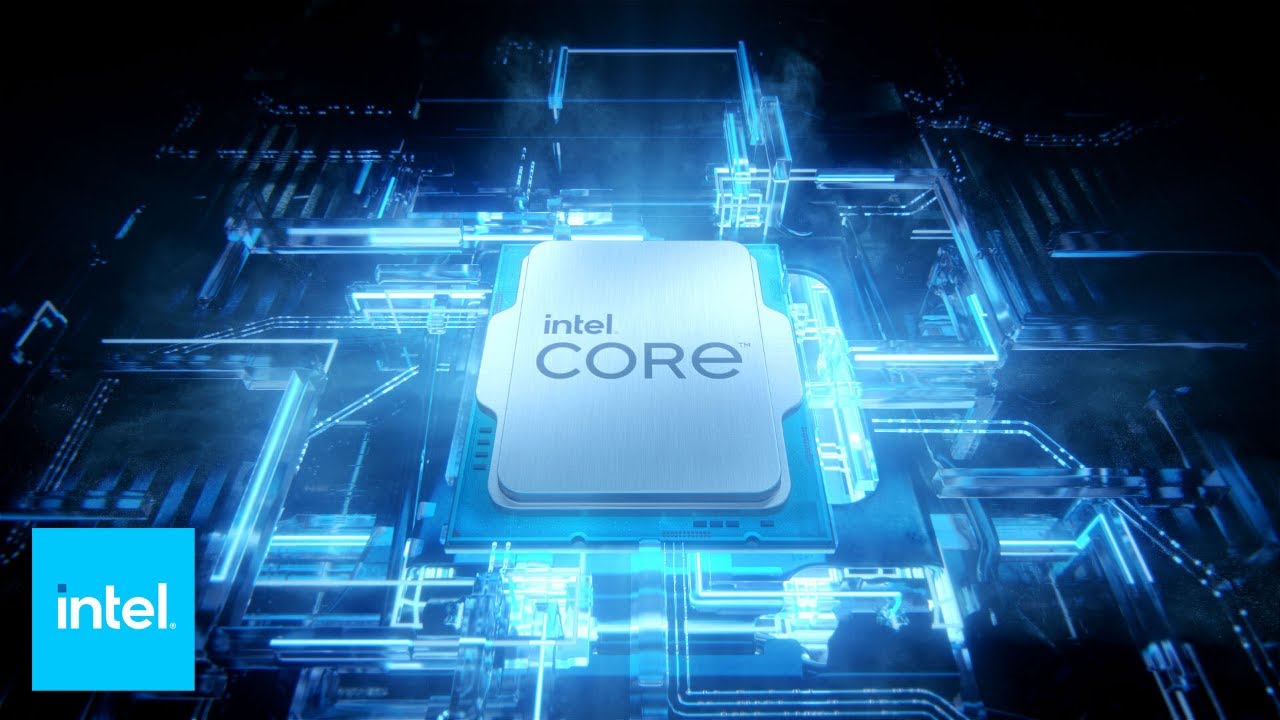
This week, a class action lawsuit was filed against Intel in a federal court. The plaintiff, Mark Vanvalkenburgh, accuses Intel of knowingly selling defective 13th Generation Raptor Lake and 14th Generation Raptor Lake Refresh processors. The plaintiff seeks damages and, in the alternative, restitution. Lawyers from Dovel & Luner expect other Intel customers to join the class action. There are some catches with this lawsuit.
The lawsuit, filed in San Jose, California, comes from Mark Vanvalkenburgh of Orchard Park, New York, who purchased an Intel Core i7-13700K processor in January 2023. According to the complaint, Vanvalkenburgh encountered frequent problems, including sudden screen blackouts and unexpected computer restarts. This summer, he attempted to apply an Intel patch intended to fix stability issues in the company’s Raptor Lake CPUs, but this solution failed to resolve the malfunctions.
“After purchasing the product, Plaintiff learned that the processor was defective, unstable, and crashing at high rates,” the lawsuit reads. “The processor caused issues in his computer, including random screen blackouts and random computer restarts. These issues were not resolved even after he attempted to install a patch issued by Intel for its 13th Generation processors. As a result, he did not get what he paid for. Had Plaintiff known the truth about the product, he would not have bought the product or would have paid less for it.”
The plaintiff asserts that Intel was aware of the instability problems with Raptor Lake CPUs before his purchase. He claims that the company’s internal testing, conducted before and after the processors’ release, revealed these defects. Despite this, Intel allegedly continued to market the processors as high-performance products without disclosing any potential for instability, raising accusations of fraud, breach of warranty, and violation of New York consumer protection laws.
In July 2024, Intel publicly addressed the problem called ‘Vmin Shift Instability,’ noting that stability issues stemmed from elevated operating voltage levels in its 13th Generation and 14th Generation Core’ Raptor Lake’ processors, which physically damaged the core’s clock tree circuit.
To mitigate the issue, Intel has released three microcode patches. The first patch (0x125) was issued in June to adjust the Enhanced Thermal Velocity Boost (eTVB) algorithm—the second patch (0x129), followed in August, aimed at reducing unnecessary high-voltage requests. In September, Intel released its third patch (0x12B), which combined the previous fixes and added protections to prevent excess voltage demands during idle or light load.
There is a catch, though: once the clock tree circuit is damaged, patches will not help, and a replacement is needed, something that Intel has been clear about. To ensure that all its customers got their replacements, Intel extended warranties on Raptor Lake CPUs by two years.
Apparently, the plaintiff considered replacing his CPU inadequate relief and decided to file a nationwide class action suit. He now seeks damages (including treble damages, statutory damages, and punitive damages where applicable), restitution, disgorgement, and an order awarding the plaintiff and all other class members damages in an amount to be determined at trial.







